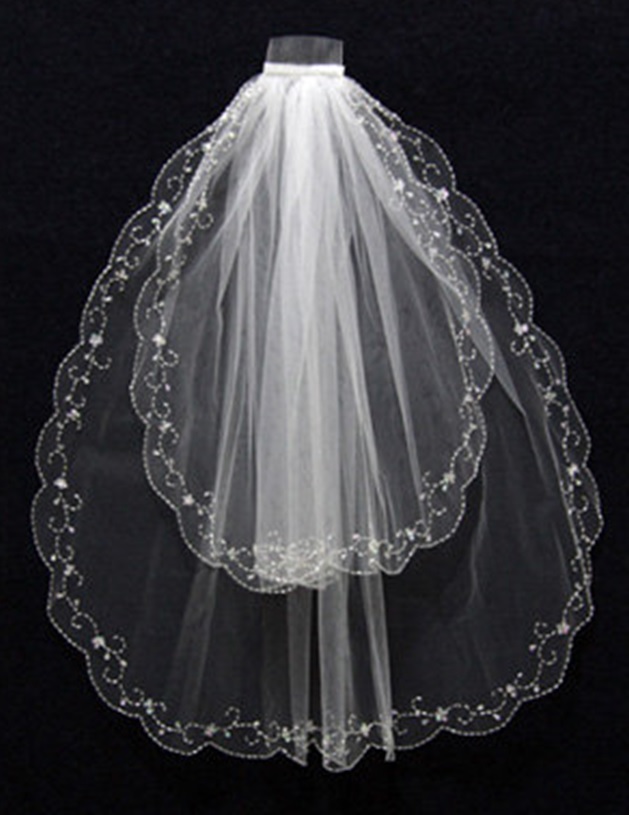Oh golly, let’s see a bunch of guys over-share about how much their characters have been having sex!! … for those few of you remaining in the room, you’ll see us talk well beyond the boilerplate. Sex has been freed-up in role-playing over the last decade and a half. This seems to have freed us as well into dialing-back and modulating how it plays into everything else, to find some new things this medium-and-activity can do.
Some of them which could stand more work in the comments include:
- When sex is both present and relevant in a situation, and a character does not do it.
- When a strong family presence brings up that presence and relevance of sex, vs. when it does not.
- When potential or imminent sex is thoroughly veiled, such that it’s not even suggestive or hinting, but in unequivocal context so that there’s no need for debate.
- How day to day naturalism, earthiness, and attention to lifestyle facilitates bringing in basic and familiar interactions, thus sexual events and relationships appear.
- When sexually characterizing and implied activity validates a potentially objectified character rather than the reverse.
- When players’ knowledge of sex among characters alters their own characters’ actions, in the absence of specific in-character knowledge, but with enhanced justification and impact among the group.
- Examining 1990s role-playing texts in which in-fiction sex is specifically and flatly disallowed, and how that worked out.
- When role-playing texts and play-practices don’t disallow sex outright, but effectively sanitize the source fictional content which is otherwise chock-full of sex and related drama. (when and how this is effective remains a mystery, but we’re convinced that it’s a real thing)
- Why, possibly, self-referential role-playing content is absent of sex (and politics, religion, and wealth).
- The “gray card” – discovering Lines in play rather than through pre-play discussion.
In the comments, share if you dare, and see how your contributions work with any of those points. I think you’ll be surprised. We’ve come a long way, baby.


3 responses to “Monday Lab: Veil Power”
In space no one can hear you do it
I'm writing this as I listen to the video, so sorry if I say something that gets mentioned later.
You mention in the video your session of Sinthicide and how close you were of abandoning your main mission because of the personal involvement of you characters with the others. And how, if the relationship were have been made more relevant by the game, it would have gone even further.
This reminded me of the conversation we had about sci-fi and how the classical relationship-centric adventures of a small group of characters travelling in a spaceship together was kind of missing or underdeveloped in RPGs compared to TV Shows. It occurred to me that one of the reasons could be the reticence to treat sex explicitly and openly in RPGs back in the day (and to a lesser dree still today). If personal relationships among players' characters is going to become a central topic in the game, then sex would have to be handled as well. And I suspect that people, both designers and players, have been and continue to be a little bit uncomfortable with this. It's one thing to watch an actor go for it on the TV and other to play it out with your friends. And more important than that, for publishers it was simply a risk many of them would not want to take. And so, better to extricate relationships almost completely from the text than to have to deal with sex explicitly.
I could be wrong in the specifics, but I'm definitely seeing a relationship between this two things. But here is where my knowledge gap leaves me hanging. Does this seem reasonable?
I think you’re making
I think you're making complete sense. And there's a strangely specific feel to it when it comes to science fiction, in that so much of the source material (I'm thinking of Poul Anderson especially) does rely on the protagonist's relationships and personal philosophical development. Or Larry Niven, who for all the snarking I do about him, never failed to get sex into the characterizations, mostly non-trivially.
Insofar as the hard/soft distinction for the literature matters, this feature doesn't care: Frederik Pohl's Gateway is certainly 'hard' if anything is, and it's about nothing but this one guy's sexual hangups. Not even gonna mention Silverberg's Up the Line, except to say that it may well be the primary inspiring text should I ever get around to playing Continuum.
Ummm, about that no-sex Monsterhearts …
Yeah well, third session changed that.
How we got there, how it was played, and its game mechanics are all worth a follow-up.